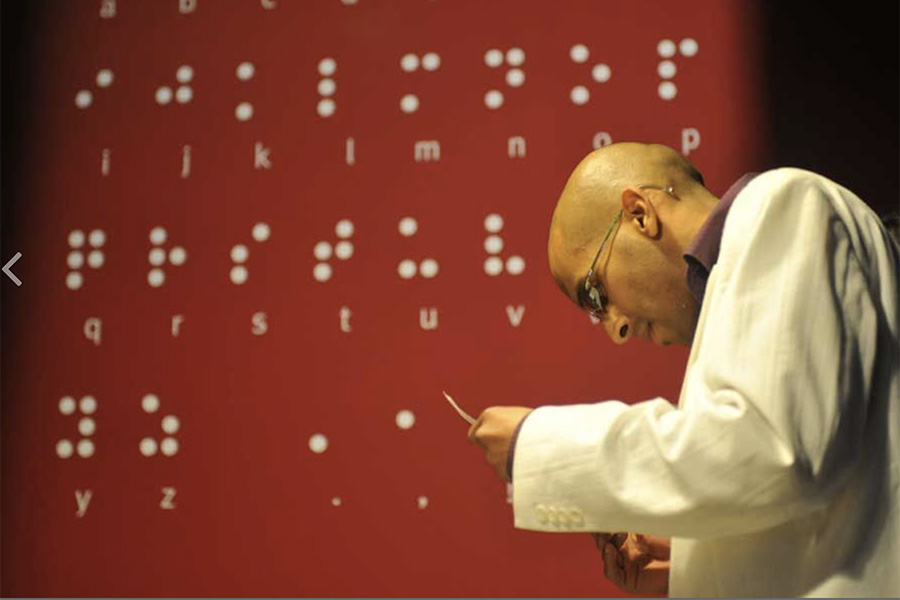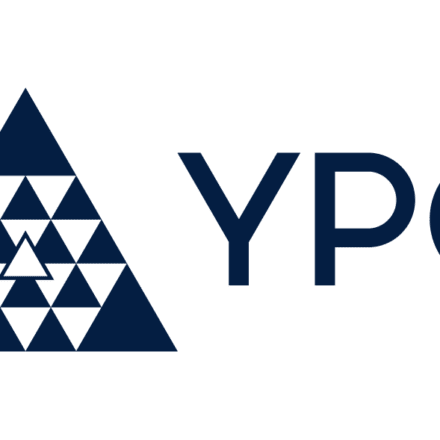A trip to Tibet in 2009 changed the life of Shiyin Cai forever. The YPO member and current CEO of her family’s portfolio of Chinese art museums and boutique hotels, Cai grew up in an entrepreneurial family, attended the best schools in China and the United States, and was climbing the corporate ladder at GE — and then her eyes were opened.
“I was brought up in a very traditional way in China,” says Shiyin Cai. “I did what was expected. But, I was always wondering what my real value is, if I was making a difference in the world.” On that trip to Tibet, she visited a school for the blind and was struck by the fact that despite being blind and surviving on very little income, the children were full of joy.
“I was surrounded by children who were, by far, the happiest children I’d ever met, even though they had about 70 cents per day for their living expenses,” muses Cai. She says it was then she realized her values were not about how much money she could earn or how high she could climb in society and her career, but what she really valued was how much difference she could make in other people’s lives.
She abruptly ended her travels and went to work as a volunteer at a vocational school for the blind. “That was the start of my whole journey; that’s when I started devoting myself to blind children,” explains Cai. “The biggest challenge for blind people is not the physical disability; they can overcome that. What they cannot overcome is society’s stereotypes about what they can do.”

The problem haunted her, she says, until she found a solution after attending a special exhibit, Dialogue in the Dark, when visiting a friend in Atlanta, Georgia, USA. Dialogue in the Dark is an international organization offering sighted people the opportunity to experience blindness, introducing them to how they can use their other senses as they go about their usual routine.
As part of the exhibit, Cai spent 75 minutes in total darkness. The experience helped her see the solution is not to change blind people, but to change sighted people’s views of blind people’s abilities.
Cai was particularly drawn to Dialogue in the Dark’s business model as a social enterprise rather than an NGO. “I had been in the business world for almost 12 years and was always looking for a sustainable way of doing good. Dialogue in the Dark is self-sustainable. I figured I could use all my business knowledge and experience to maximize my impact.”

She went to work for Dialogue in the Dark’s corporate office in Hamburg, Germany, serving as its COO, before returning to her homeland, bringing the franchise to Shanghai in 2011, followed by Chengdu, Beijing, Shenzhen, and Nanjing. One of the services she offers through Dialogue in the Dark China is leadership training. Groups of leaders enter a pitch-dark room with blind guides, are organized into teams, and given tasks to complete.
“What makes this very different from the other training is we don’t tell you what you should do,” Cai says. “You look inward instead of outward. Most of us, when we make mistakes, we blame external factors, but the dark experience forces you to look at yourself. You realize maybe that person didn’t understand, not because he is not smart, but because you didn’t explain it in a way he can understand. It drives empathy, communication skills, listening skills.”
Dialogue in the Dark China has trained more than 500 companies. “My biggest accomplishment is to witness people change in half a day. It is difficult for leaders to be aware of their own problems and to be willing to change. So, this is exciting,” Cai reveals.
She adds that diversity makes a company stronger and a leader better. “When you are a leader, you want a team of people with different opinions from you. If everybody has the same opinion, then why do you need a team? Most of the time, we are blind, even when we can see. Our visually impaired employees show us things we don’t see. This is why we always say that we need to let blind people teach us how to see.”




































